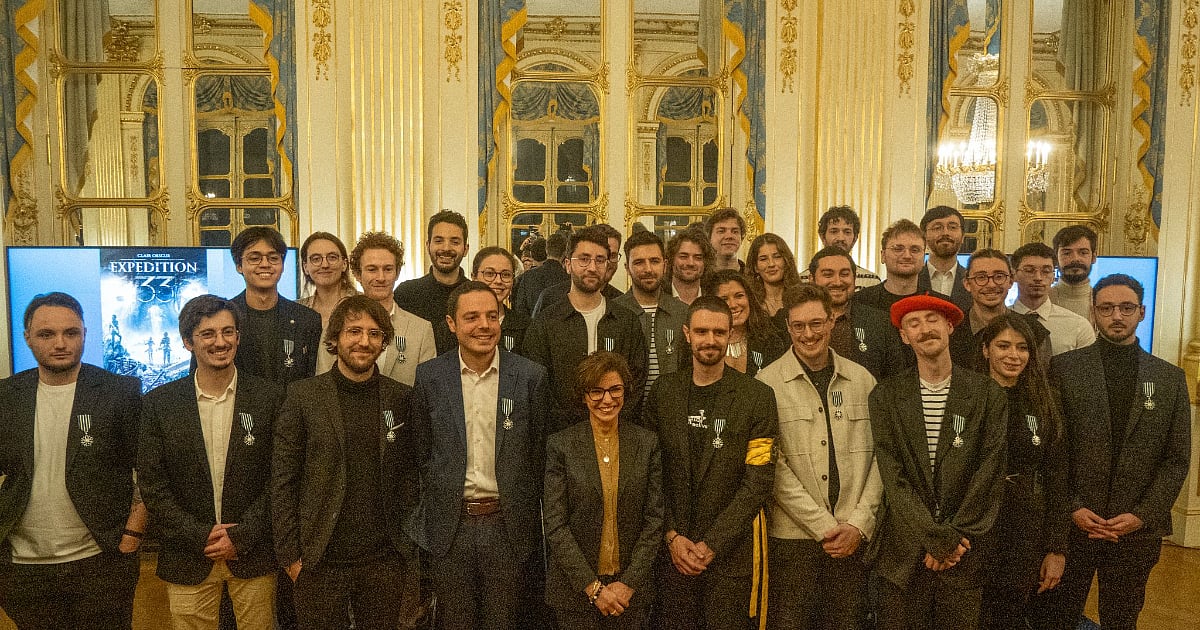
Black Ops 7
Judge Allows Activision Blizzard Shareholder Suit to Proceed
Chancellor Kathaleen McCormick greenlights fiduciary breach claims against former CEO Bobby Kotick and other executives over Microsoft sale
Highlights
- Delaware’s Chancery Court approves shareholder claims that Activision’s former executives manipulated the sales process of the $75.4B Microsoft deal.
- The lawsuit alleges ex-CEO Bobby Kotick prioritized personal gain amid harassment probes, breaching fiduciary duties.
- The ruling dismisses charges against Microsoft but signals greater board scrutiny in major industry mergers and buyouts.
A Delaware Chancery Court judge ruled that shareholders can move forward with claims that Activision Blizzard Inc.'s former leadership breached its duties during the videogame publisher's $75.4 billion sale to Microsoft Corp.
Chancellor Kathaleen McCormick, in an 83-page opinion, said plaintiffs presented sufficient evidence that former Chief Executive Bobby Kotick and senior board members may have prioritized personal benefits over maximizing shareholder value in negotiating the $95-a-share deal.
The shareholders, led by Swedish pension fund Sjunde AP-Fonden, allege that executives manipulated the sales process to expedite the transaction at an undervalued price, securing more than $400 million in benefits for themselves while limiting returns for other investors. They contend Mr. Kotick favored Microsoft in part to ensure deal certainty and secure a favorable exit amid ongoing workplace harassment allegations against him.
Delaware Court Ruling on Microsoft-Activision Deal
The decision dismisses aiding-and-abetting charges against Microsoft but allows the core breach-of-fiduciary-duty claims against Activision directors to proceed. The deal, which closed in 2023 after nearly two years of regulatory review in the U.S., U.K., and European Union, ranks among the largest technology acquisitions in history.
Corporate-governance lawyers said the ruling could encourage similar derivative lawsuits, particularly in transactions involving executives facing controversy or investigation. The case represents one of the highest-profile fiduciary challenges in the gaming industry's recent merger wave, highlighting the legal liability board members face in large-scale acquisitions even after deals close.

Author
Kamalikaa Biswas is a content writer at Outlook Respawn specializing in pop culture. She holds a Master's in English Literature from University of Delhi and leverages her media industry experience to deliver insightful content on the latest youth culture trends.
Related Articles







